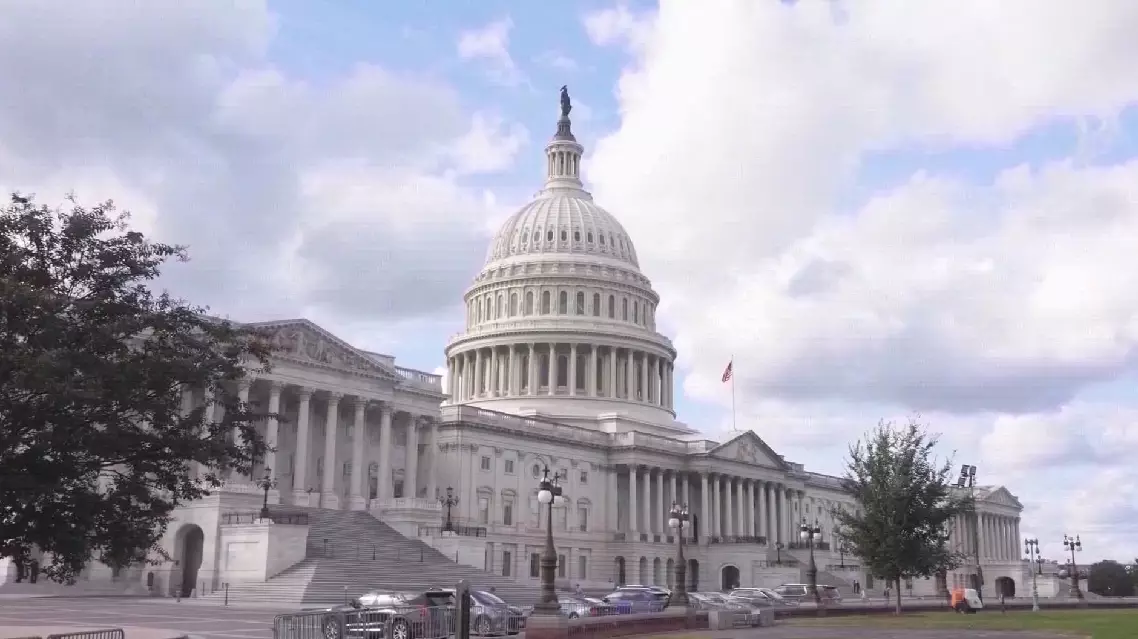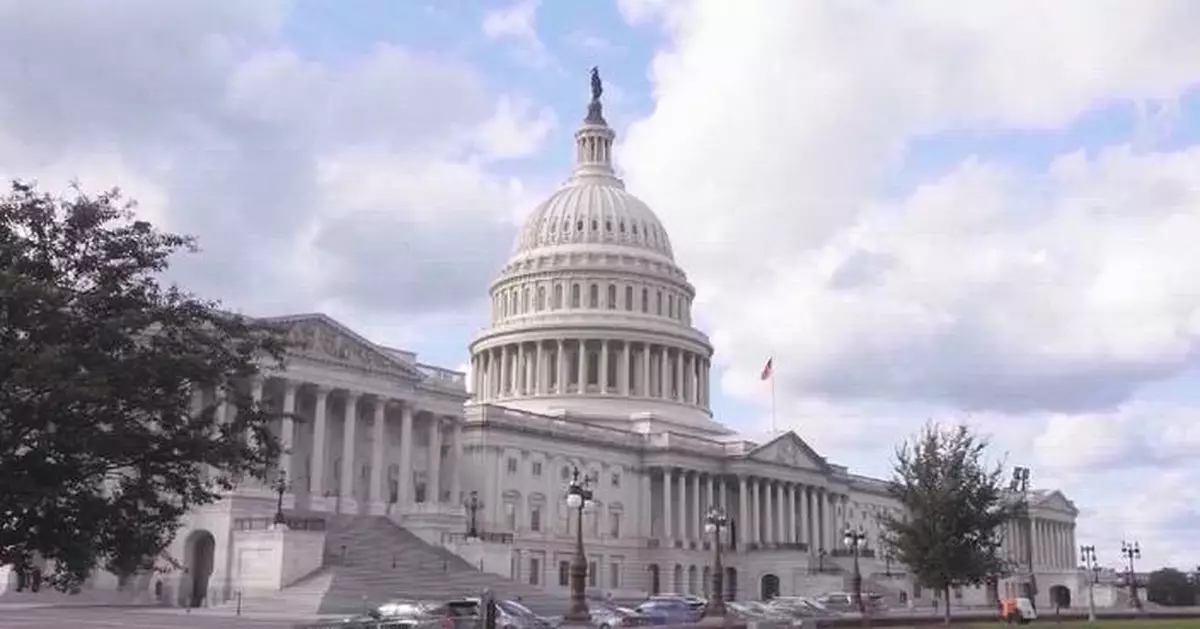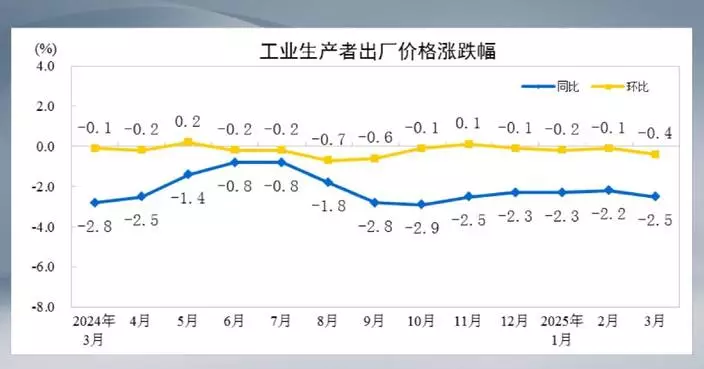U.S. President Donald Trump's sweeping new tariff policy is facing fierce resistance both internationally and domestically, sparking retaliatory threats from allies, warnings from global institutions, and turmoil in financial markets.
Amid widespread opposition, the Trump administration announced the new set of levies on Wednesday, imposing a 10 percent baseline tariff on imports from all trading partners and higher rates on certain nations. These "reciprocal tariffs" will take effect on April 5 and 9, respectively.
Canadian Prime Minister Mark Carney said on Friday that Canada will fight back against the U.S. tariff policy and will make sure to win the trade war with the U.S.
The day before, Carney had just announced that Canada will be responding by matching the U.S. approach with 25 percent tariffs on all vehicles imported from the United States that are not compliant with the Canada-U.S.-Mexico Agreement (CUSMA).
Australian Prime Minister Anthony Albanese on Thursday reiterated his stance, calling the tariffs on Australian imports "not the act of a friend." He warned that while American consumers rely on Australian beef, they would now pay significantly higher prices -- an example of the policy's self-inflicted damage.
Venezuelan President Nicolas Maduro said on Friday that the United States, in pursuit of its own interests, has imposed additional tariffs, and that the Venezuelan government stands prepared to respond to these U.S. tariff measures.
When asked about UN Secretary-General Antonio Guterres' comments on the latest tariff policy of the White House, his spokesman Stephane Dujarric on Friday warned that "in a trade war, nobody wins".
The spokesman also expressed particular concern for the most vulnerable nations, noting they were the least equipped to handle the current challenges.
Bernd Lange, chairman of the European Parliament's International Trade Committee, said that approximately 30 percent of U.S. tech giants' profits originate from the EU market. Should U.S.-EU tariff disputes escalate, countermeasures targeting these American technology firms may be considered.
The policy also sparked a massive market selloff on Friday, with U.S. stocks losing 6.6 trillion U.S. dollars in value over two days and the once high-flying Nasdaq Composite Index entering bear market territory.
Among the losses, America's seven largest tech companies saw a combined 1.8 trillion U.S. dollars wiped from their market valuations.
As escalating trade tensions kept investors on edge, the Nasdaq, which tracks many tech companies, had fallen 22.73 percent as of Friday's close from its record high last December.
U.S. Federal Reserve chairman Jerome Powell said Friday the agency would take a wait-and-see approach facing the shock of reciprocal tariffs.
"We are well positioned to wait for greater clarity before considering any adjustments to our policy stance," said Powell. "It is too soon to say what will be the appropriate path for monetary policy."
Powell added that he expects "higher inflation and slower growth" from larger-than-expected tariff increases and relevant economic effects.

U.S. tariff policy faces mounting domestic, international backlash




















































